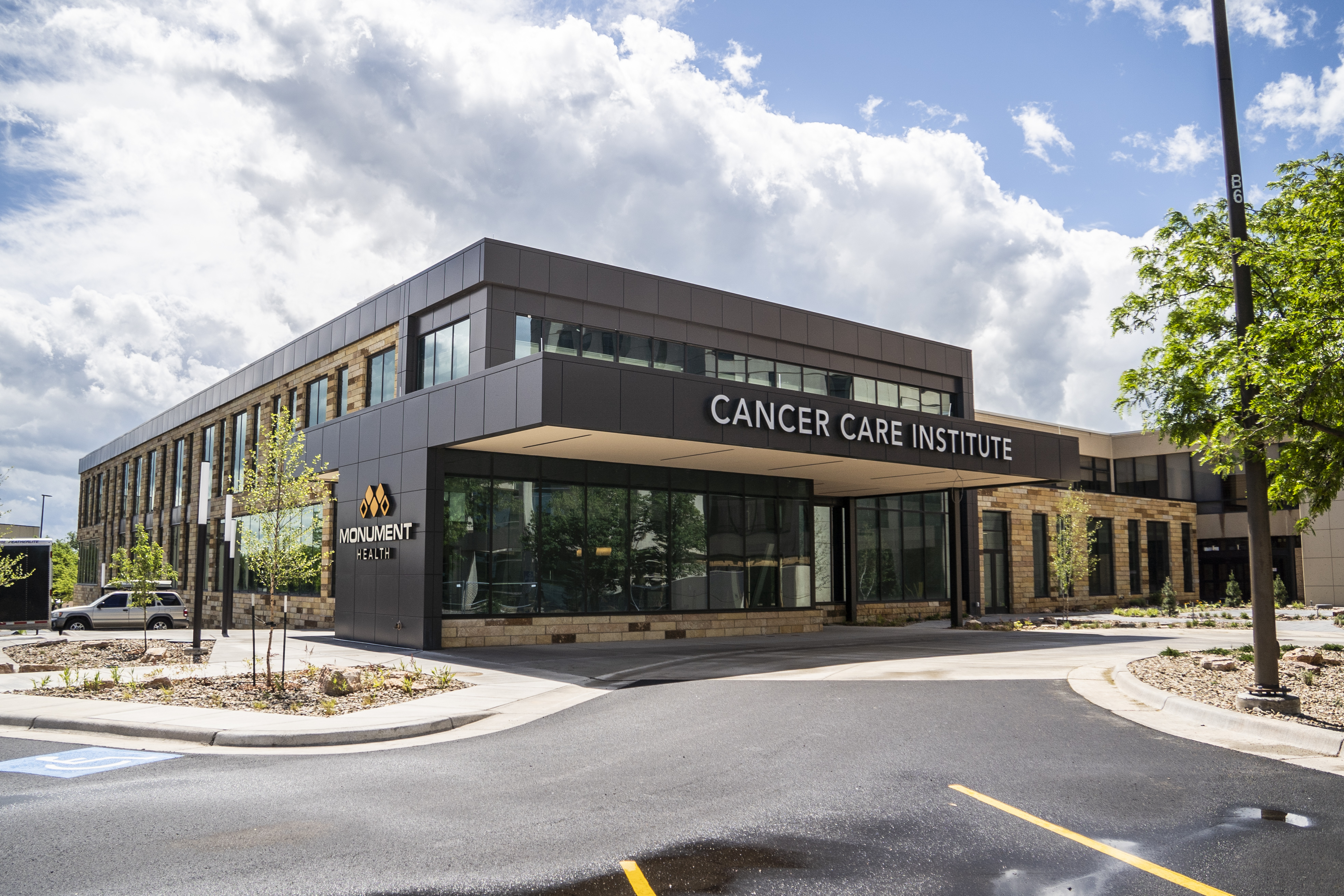
Cancer Genetics and Prevention Clinic
This clinic offers all patients a cancer genetic risk assessment. This assessment will help you learn if you are at an increased risk of cancer. If you are at an increased risk of cancer, we will talk about what comes next. You may need further testing, such as genetic testing or additional screening. You may be offered medical interventions that could help prevent cancer.
We believe that this assessment is empowering. It can help detect cancers early. It can help prevent cancers. It can help you make informed decisions about your health.
If a hereditary cancer syndrome is identified, we will continue to help you. We will offer support and information to help you understand:
- Your Cancer Risk.
- Genetic Testing Implications.
- Future Options for Care.
- Cancer Surveillance.
What are the benefits of Genetic Testing?
Genetic testing can provide useful information for you and your family to help understand the risk for developing certain cancers. By knowing about these risks, you have an opportunity to make informed health management decisions to prevent cancer or detect it at an early stage.
Can test results help your family?
If you have tested positive for a mutation in a cancer risk gene, we would provide information and tools to help inform relevant family members of their options to get tested. Genetic testing can help them understand if they have a higher risk to develop certain cancers.
What family history information could be helpful during a genetics visit?
• Any relatives who have had a cancer diagnosis.
• What age they were diagnosed.
• Cancer type and or location.
• If any relatives have had genetic testing.
What happens after the test?
Depending on what test is ordered, results are typically available within a few weeks after testing. We will make recommendations for cancer screening and prevention based on your results and your personal or family history.

 Jennifer Knowles, CNP
Jennifer Knowles, CNP
Rapid City, SD
Magazine
 Ask The Expert
Ask The Expert
Ask The Expert: Cancer Genetics and Prevention
Testing for your hereditary cancer risk is a powerful tool that can empower you to do early, or more frequent, screenings, and to have the knowledge to motivate lifestyle changes. […]
 Patient Stories
Patient Stories
Closing the Gap
The distance between reliable health care and rural patients is growing. When your child suffers from a rare health condition, you do whatever it takes to close that gap. Of […]
 Patient Stories
Patient Stories
Reclaiming Her Life
Shedding 175 pounds helped improve Rachelle White’s health — and gave her a new lease on life. According to the CDC, approximately 42% of adults in the U.S. are obese […]
